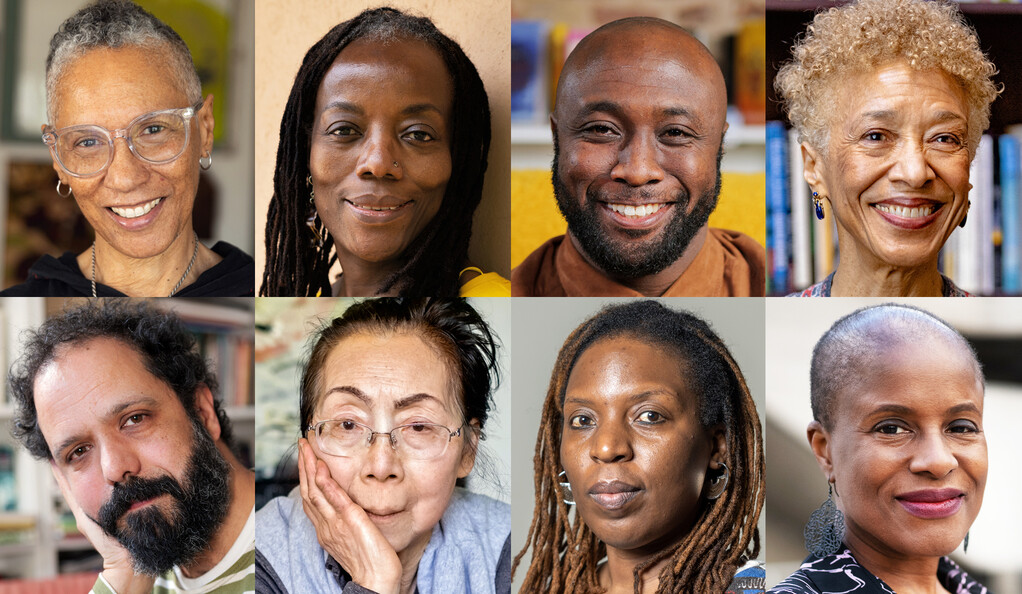Yale announces this year’s Windham-Campbell Prize winners
Yale prepares for return of in-person festival to honor the Windham-Campbell prizewinners.

Yale News
Eight writers received Windham-Campbell Prizes in the tenth anniversary since the award’s inception. The cohort will travel to campus next fall for the award’s first in-person festival since the pandemic’s start.
The Windham-Campbell Prizes are awarded annually to eight writers in recognition of exceptional literary talent. The first prizes were awarded in 2013. They recognized recipients with a citation, physical award and a cash prize of $165,000. The recipients are nominated confidentially and selected across four categories: nonfiction, poetry, drama and fiction.
This year’s winners were Tsitsi Dangarembga, Siphiwe Gloria Ndlovu, Margo Jefferson, Emmanuel Iduma, Winsome Pinnock, Sharon Bridgforth, Wong May and Zaffar Kunial. The winners included a geographically diverse list of authors — Dangarembga and Ndlovu are from Zimbabwe, Iduma is from Nigeria, Bridgforth and Jefferson are from the United States, Kunial and Pinnock from the United Kingdom and May spends most of her time in Ireland and Asia.
“Led by a trailblazing group of global women’s voices, these writers’ ambitious, skillful and moving work bridges the distance between the history of nations and a deeply personal sense of self. It’s one of the most exciting lists yet,” Michael Kelleher, a director of the Windham-Campbell Foundation, wrote in an email to the News.
Traditionally, prize winners receive their awards in person at Yale during a three-day literary festival that involves both students and community members. Students participate in the planning of the festival and in the festival itself as event ambassadors and guides for the visiting artists, according to Kelleher.
The last in-person festival was held in 2019 and took place in spaces across the University and in New Haven. Yale Law School professor Tracey Meares and writers Rebecaa Solnit, David Chariandy and Raghu Karnad spoke at the festival on the role writers play in approaching police violence.
This year’s festival will be the first in-person celebration since the pandemic’s start. Held between Sept. 19 and 22, the festival will feature keynote speaker Natasha Trethewey, who served two terms as the poet laureate of the United States.
Pinnock, writer of the play “Rocket and Blue Lights,” won an award in the prize’s drama category. “The global reach of the award is astounding,” said Hannah McMillan, a representative for Pinnock. “Many prizes have a relatively local focus so this prize is unique in that regard.”
Bridgforth, another winner in the drama category, said that she hopes this award will inspire the Yale community and other writers.
“I hope that the depth of love and generosity that this award was conceived from, and the visionary way it is administered, provokes a yearning for connecting with humanity that activates mindfully curious and rigorously expansive international studies of forms, aesthetics and stories,” Bridgforth said.
Bridgforth infuses traditional and new forms of Black avant-garde into her work, implementing different themes such as Yoruba theologies and improvisational jazz. In her most recent play, “dat Black Mermaid Man Lady”, Bridgforth invites her audience to become characters themselves and to grapple with the same circumstances as the creatures in the play: a world that extends beyond what we imagine as reality.
The prize was named after Donald Windham and Sandy Campbell.







